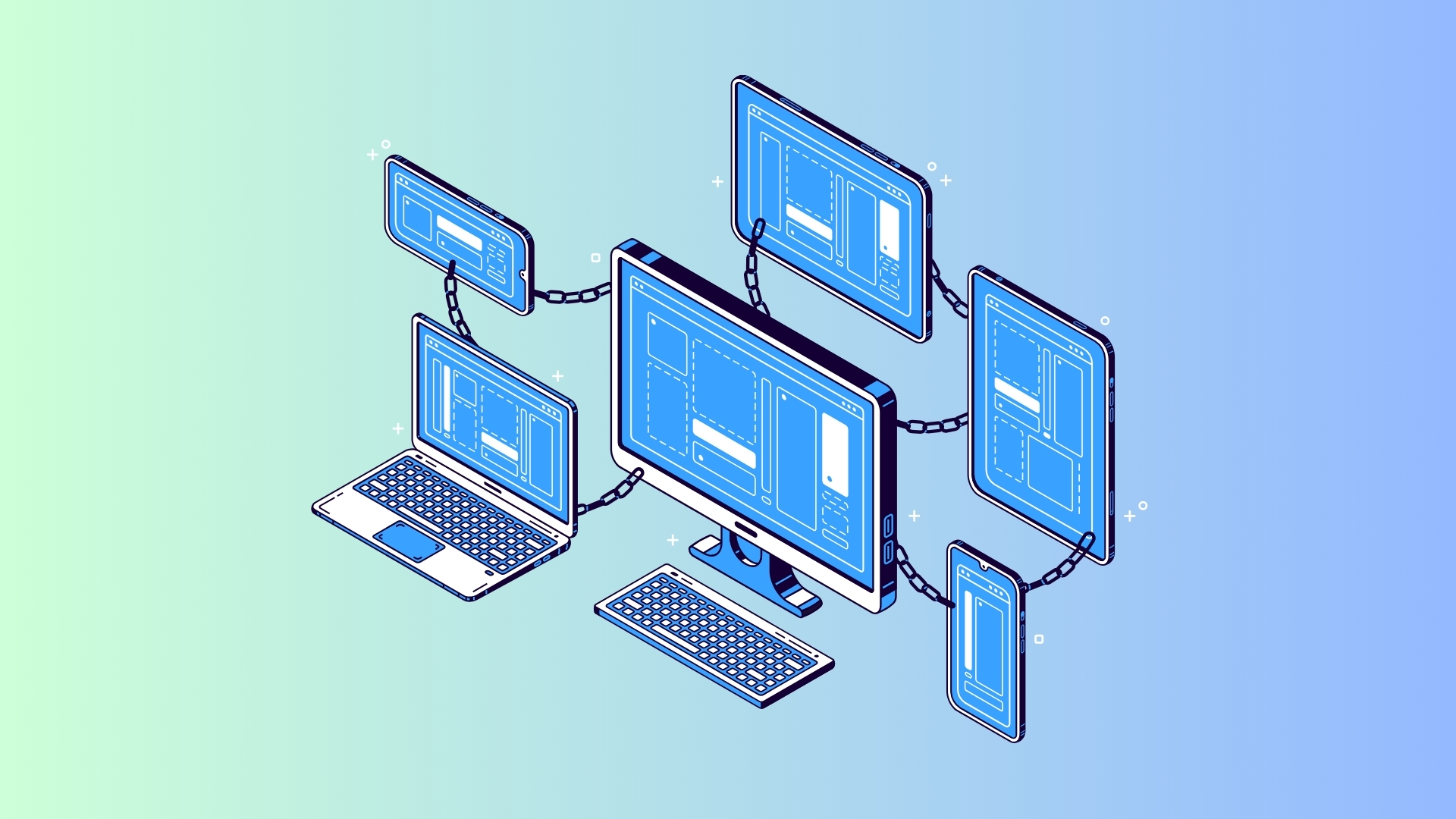What are Blockchain Nodes & Clients ?
An overview of nodes and clients
Nodes and clients are integral to the operation of public blockchain networks, enabling user interactions and software functionalities:
Public blockchains are primarily used for managing cryptocurrency transactions and various data types. To participate in cryptocurrency transactions and other blockchain activities, users typically download specific software onto their devices.
This software, known as client software, allows users to perform actions such as managing crypto wallets, using decentralized applications (dApps), and engaging in governance processes with tokens.
Client software acts as the essential link between an individual’s device and the blockchain network, facilitating seamless connectivity and interaction.
Nodes are individual participants using client software to connect to the blockchain network. Together, nodes form a decentralized network that collectively manages and secures public blockchains.
What are blockchain nodes?
Nodes are essential components of decentralized blockchain networks, each performing crucial functions to maintain network integrity and functionality. A few common examples are:
Full Node: Verifies all new blocks of data and maintains a complete record of all historical transactions on the blockchain.
Light Node: Stores a partial copy of the blockchain, typically the most recent transaction history, without the entire ledger.
Archive Node: Maintains a comprehensive record of all transactions and historical states, particularly important for smart contract-based blockchains.
Miner Node: Engages in proof-of-work mining competitions to secure the network, verify transaction data, and earn the right to propose new blocks.
Staking Node: Participates in proof-of-stake processes by staking tokens to validate and propose new blocks in exchange for rewards.
Lightning Node: Facilitates connections to the Lightning Network on Bitcoin, monitors payment channel activities, and optimizes payment routes between users.
Each type of node enhances the blockchain’s security and resilience by contributing to decentralized consensus and serving as independent safeguards against potential attacks. A robust and widely distributed network of nodes strengthens the overall security posture of the blockchain ledger.
What are blockchain clients?
Blockchain clients are software pieces that nodes use to connect to a blockchain network. Developers utilize these clients to build applications like block explorers and cryptocurrency wallets.
While most blockchains offer their own native clients, relying on a single software option for node connectivity isn’t sufficient. If the codebase contains bugs or vulnerabilities, it could impact all nodes in the network, leading to potential outages or security breaches.
To address this diversity challenge, many prominent blockchains actively promote third-party developers to create client software using their preferred programming languages. This approach provides node operators with multiple connectivity options when interfacing with a blockchain.
Free Blockchain Course


